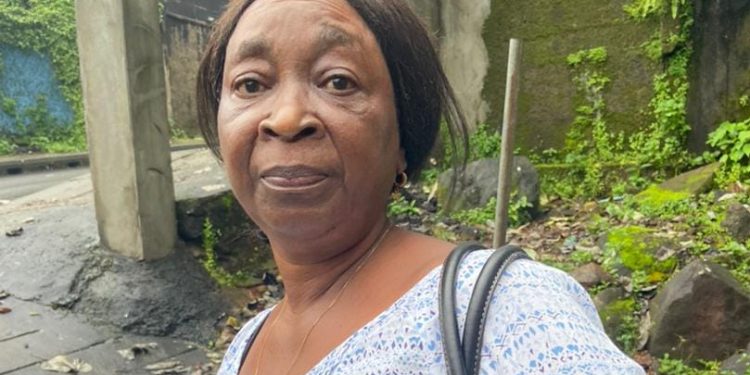The Ministry of Basic and Senior Secondary Education has relaunched its radio station, 95.3 FM, in a strategic effort to bridge the educational gap, particularly for students in remote areas or those without consistent internet access. The station’s return is seen as a lifeline for students, offering access to daily teaching programs that can reach homes across the country, ensuring that learning continues beyond the classroom.
Radio remains a powerful tool for distance education, given its widespread reach and affordability, especially in regions where the digital divide prevents many students from accessing online educational resources. By simultaneously delivering quality content to large audiences, the station can provide lessons in core subjects like math, science, and language arts, as well as specialized topics such as vocational training and civic education.
This platform ensures that learning remains uninterrupted during school closures or when students are unable to attend physical classrooms. The programmes are designed to accommodate different age groups and learning levels, offering flexible schedules that families can easily integrate into their daily routines. Teachers and education experts also play an active role, offering study tips and exam preparation guidance, further enhancing the learning experience.
The impact of this initiative is already being felt in homes across the country. Augusta Mansaray, a mother from an underprivileged community, expressed her relief and optimism about the return of the educational radio station. “This is a positive step, especially for families like mine, who don’t always have reliable access to the internet or the means to provide extra learning resources for our children,” she said. “Radio is available in almost every home. Families who can’t afford additional learning tools can still tune in, making education more inclusive and accessible.” The station’s return not only brings hope but also a sense of security, knowing that their children’s education is not being compromised.
The radio station is a welcome addition to their household routine for parents like Ahmadu Bangura, whose son attends St. Anthony Boys Sctine. He shared his excitement, saying, “I’m pleased about this initiative. Instead of my son playing aimlessly after school, I can now turn on the radio so he can listen and learn.” Ahmadu believes the daily programs will help reinforce his son’s education, ensuring that he continues to engage with his studies outside of school hours.
Beyond academics, the station also empowers parents and guardians to become more involved in their children’s education. Listening to programs and helping with follow-up activities creates a shared learning experience, fostering more robust support systems within households and communities. This sense of empowerment enhances the parents’ and guardians’ feelings of being influential in their children’s education, thereby strengthening the support system for the students.
In essence, the return of the Ministry of Education’s radio station is an innovative and inclusive solution to many challenges students face, especially those in rural or remote areas. As it continues to provide valuable educational content, families hope this initiative will play a crucial role in improving learning outcomes nationwide.
Correspondent: Adama V. Conteh













